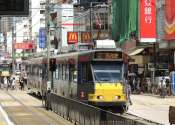Collaboration at all levels of government key to climate action, say researchers
In Canada, as in most places around the world, climate change adaptation planning takes a top-down approach. But new findings by University of Alberta researchers suggest an integrated approach that incorporates regional ...









